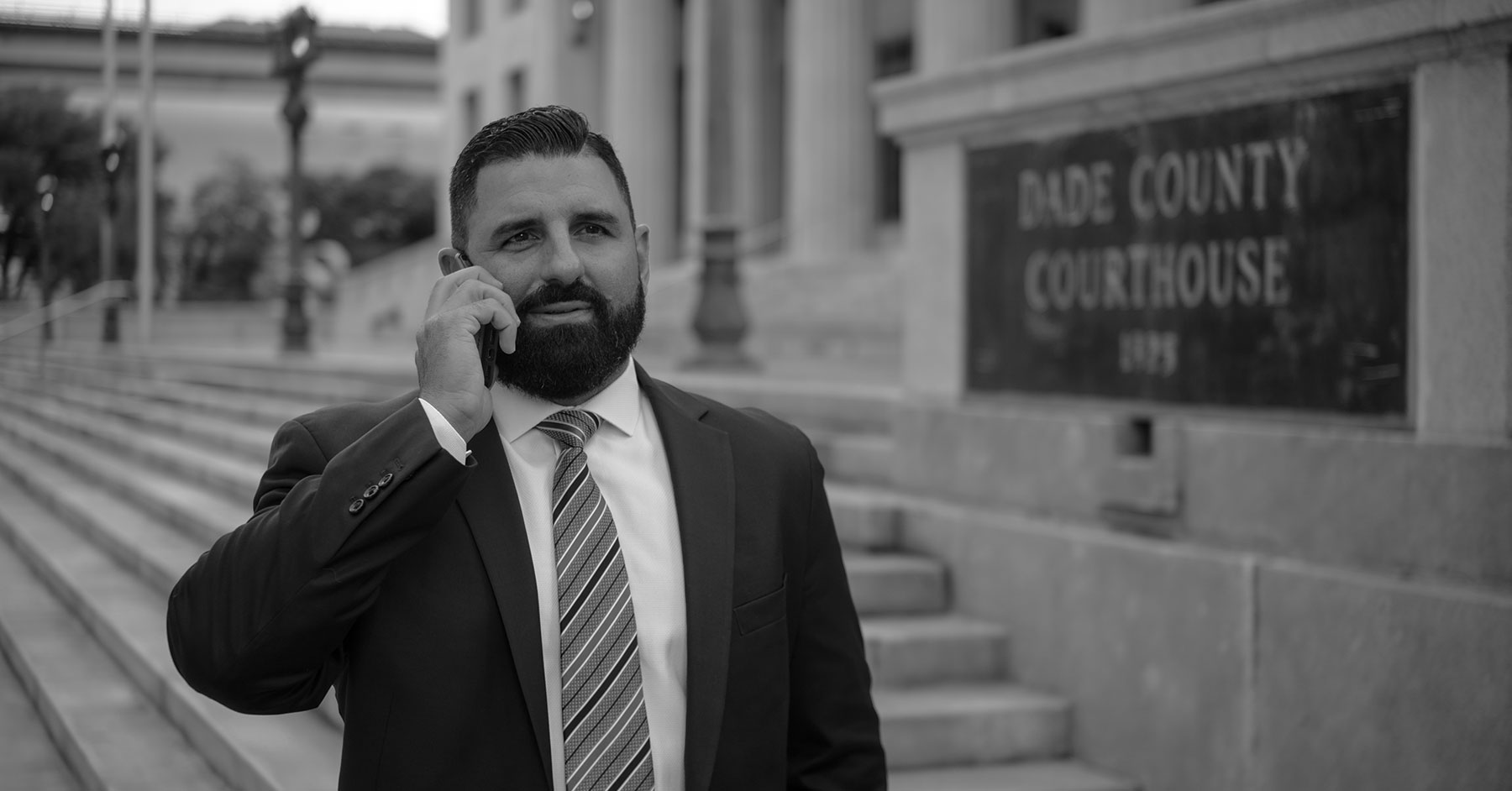Types of Federal and State Bail Bonds in Florida
When charged with a criminal offense, a defendant may be released from jail by paying bail, a set amount of money that effectively insures against the defendant’s flight risk. Courts generally set a relatively high bail amount, which defendants are unable to pay on their own. This is where bail bonds come in.
A bail bond is provided by a bail bondsman through a surety bond company. In order to purchase this type of “insurance” the defendant must pay a percentage of the bail amount—usually 10 percent—to the bail bondsman. In exchange for this payment and additional payments in the form of collateral, the bail bondsman essentially guarantees payment of the court-ordered bond.
If the defendant fails to appear in court, the bond is forfeited, and the surety company must use the defendant’s collateral to cover the remaining 90 percent of the bail. Contact a Florida federal criminal defense lawyer at (305) 403-7323 today if you’ve been charged with any type of criminal offense.
Federal Bail Bonds vs. State Bail Bonds
If you have been charged with a federal offense, you will need to obtain a federal bail bond. Federal offenses include the defacement of federal property, tax evasion, and drug trafficking, among other serious crimes.
In addition to a higher premium, the purchase of federal bonds may require a Nebbia Hearing, a special process through which federal courts identify the source(s) of cash and collateral used to purchase a bond. The Nebbia requirements put it on the defendant to prove that bail bond funds were not acquired illegally.
Federal bail bonds are also different from state in that they not only guarantee court appearance but also conditions of bail. For example, if the court discovers that the defendant violated drug testing requirements, travel restrictions, or other conditions of bail, the bond may be forfeited, and payment may be demanded in full.
Due to the nature of federal offenses and the bail conditions they guarantee, federal bail bonds typically reflect this greater liability in the form of higher premiums. Where most state bonds are set at 10 percent of total bail, most federal bonds require 15 percent.
Types of Federal Bonds and State Bail Bonds
In addition to bail bonds purchased through surety companies, defendants can cover the cost of bail bonds entirely on their own, get a friend or family member to post bail on their behalf, and in some cases, courts may grant no-cost bonds.
Signature Bond or Recognizance Bond
This type of bond is generally only an option for very minor crimes and for those with no prior criminal history. It is often referred to as a signature bond because the defendant’s signature acts as his/her bond. The defendant signs a document promising to return for trial. If he/she fails to report to trial as promised, then a financial penalty will be assessed, and an arrest may be made.
Personal Surety Bonds
A personal surety bond is like a bail bond without the bail bondsman or surety company. If you have to pay bail to get out of jail and don’t have the money to cover the full amount, you may ask a friend or family member to post the money on your behalf. In some cases, you may pay a fee or interest to this individual for covering your bail.
Contact the Law Office of Nayib Hassan, P.A. Today
If you have been charged with any type of criminal offense and you are facing bail, the skilled legal team at the Law Office of Nayib Hassan, P.A. can help. Our highly-skilled defense lawyers are prepared to aggressively defend our clients’ rights throughout the entire legal process, from investigation to trial. When you’re being charged with a crime, every minute counts. Contact the Law Office of Nayib Hassan, P.A. today at (305) 403-7323 for a free and confidential case about your case.

